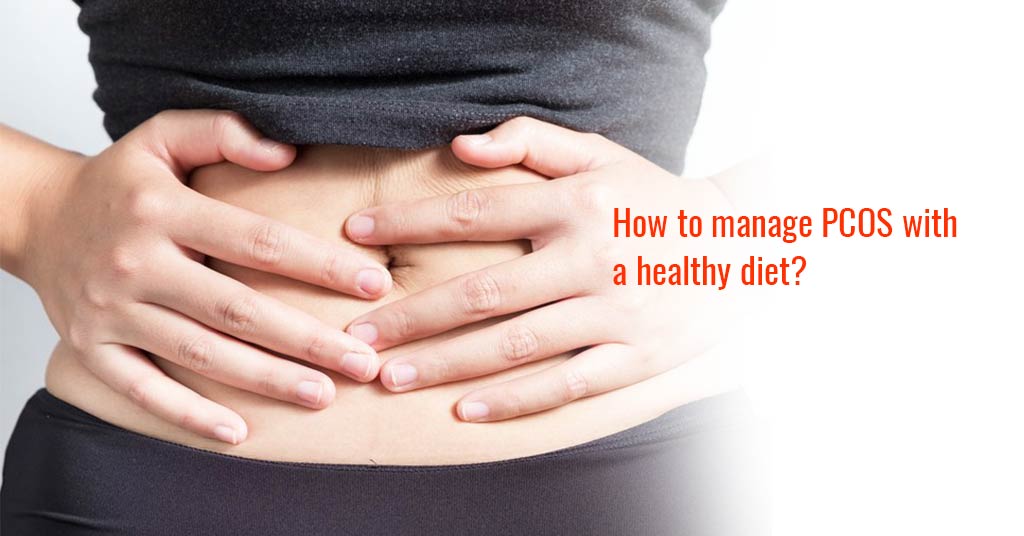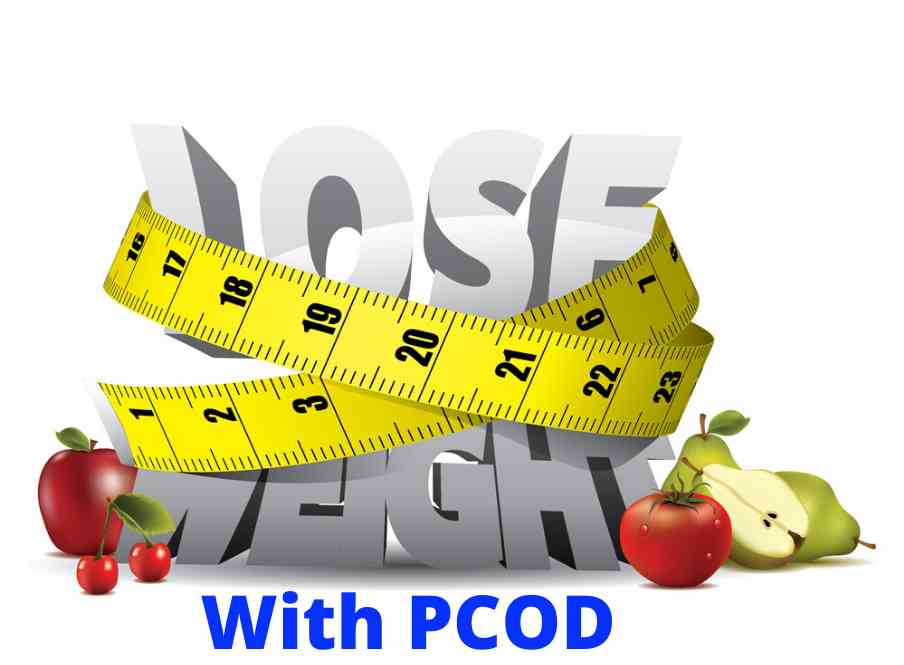What is polycystic ovarian syndrome (PCOS/PCOD)?
Polycystic ovary syndrome (PCOS) is a condition that affects a woman’s hormone levels. Women with PCOS produce higher than normal levels of male hormones. This imbalance causes them to skip or heavy menstrual cycle. This imbalance makes them harder to become pregnant. It is not necessary that every woman suffering from PCOS get insulin resistance and develop a higher risk for diabetes.
Symptoms of (PCOS/PCOD)
-
Symptoms of PCOS include excess hair growth on the face, hair loss on the scalp, acne, weight gain, increased anxiety and depression.
-
Abnormal menstruation, heavy menstruation, absence of periods, short and large menstruation cycle or spotting.
-
Acne, dark patches of skin infold and creases oily skin.
Causes of (PCOS/PCOD)
The exact cause of PCOS is not yet concluded. Most doctors believe that it is genetic. So your chances of getting it are higher if your mother or grandmother is suffering from PCOS or even diabetes.
(PCOS/PCOD) and weight loss
Most of the women who are suffering from PCOS/PCOD struggle for weight loss. Obesity and weight gain is known to further complicate the problem. As it becomes difficult to lose weight in PCOS, most of doctors and gynaecologists are of the opinion that it is a must to maintain a healthy weight if you are suffering from PCOS. They advise their patients to seek the help of their dietician who can prescribe an ideal PCOS/PCOD diet.
What you can eat in PCOS/pcod
Uncontrolled PCOS can lead to serious complications such as high blood pressure, heart disease, diabetes, and endometrial cancer. Regular exercise and right diet play a significant role in influencing the severity of your PCOS.
-
Have anti-inflammatory foods such as tomatoes, spinach, strawberries, walnuts, almonds, turmeric and fatty fish such as sardines and salmon.
-
Have lean proteins such as organic chicken, organic egg whites. These foods will keep you feeling full for longer and stabilize your blood sugar.
-
Have high fibre food; add bran in your flour to make it fibrous. Use multigrain flour at home. Include millet flour in your daily diet. Broccoli, cauliflower, red and green peppers, almond pumpkin, ghiya, palak are great examples of high fibre foods.
What should you not eat in PCOS/PCOD
-
Don’t take inflammatory foods such as French fries, margarine, mayonnaise, red meat, processed meat, packed foods. These foods exacerbate PCOS symptoms.
-
Never have sugary drinks and snacks. These things causes insulin resistance and should be avoided at any cost.
-
While checking food labels look for other names of sugar such as dextrose, sucrose, corn syrup, fructose, etc.
-
Don’t have refined carbohydrates such as white bread, burger, pizzas, pastries, cakes, muffins, waffles and white rice.
These foods cause insulin resistance which causes inflammation and which worsen your PCOS/PCOD symptoms.
Patient with symptoms of PCOS/PCOD may no doubt feeling frustrated many times. Losing weight will help in coping with PCOS/PCOD. A healthy and holistic diet along with regular exercise is recommended for all women suffering from PCOS/PCOD. Consult your dietician to increase the number of food items. Always keep in mind that it is best to consult your doctor and dietician before making any drastic changes in your diet and lifestyle.







